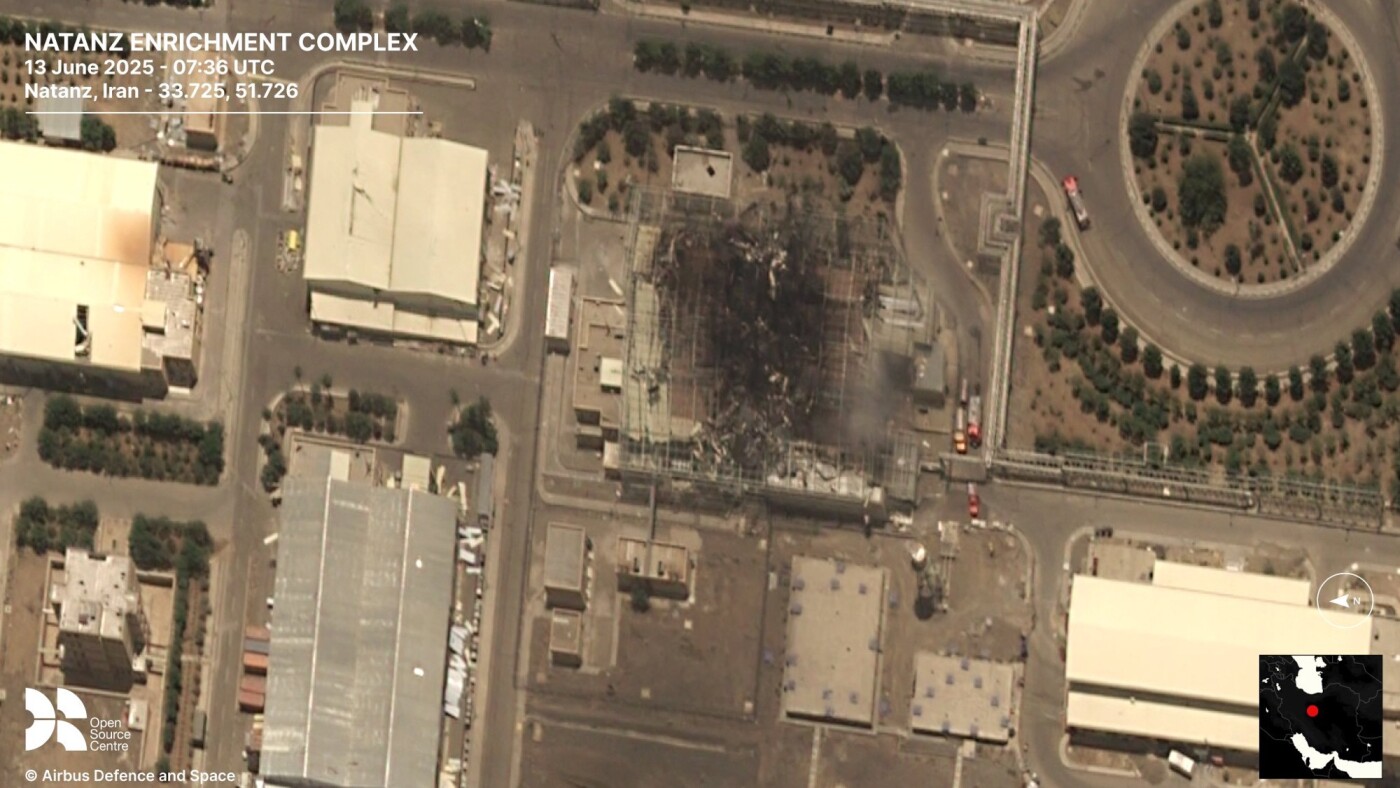Navigating the Complex Terrain of Israel-Iran Conflict: AI’s Role and Impact
The unfolding conflict between Israel and Iran, marked by precision strikes and missile retaliations, not only reshapes Middle Eastern geopolitics but also invites a critical examination of artificial intelligence’s (AI) influence in modern warfare and international relations. AI technologies are increasingly intertwined with military strategy, intelligence gathering, and crisis management, presenting both opportunities and dilemmas within this high-stakes environment.
AI in Precision Warfare and Intelligence Gathering
The Israeli campaign against Iranian nuclear facilities, characterized by meticulously coordinated air and drone strikes, likely relies heavily on AI-enabled systems for target identification, mission planning, and real-time operational adjustments. AI algorithms enhance the capability to analyze satellite imagery, prioritize critical infrastructure, and predict enemy responses with remarkable speed and accuracy, contributing to the reported effectiveness and precision of “Operation Rising Lion.”
On the Iranian side, AI-powered missile defense and early warning systems play a crucial role in intercepting incoming projectiles and protecting urban centers. The rapid processing of vast amounts of sensor data enables more effective identification and neutralization of threats, underscoring AI’s vital function in mitigating civilian casualties during escalated exchanges.
AI and Escalation Management
Beyond direct military applications, AI also influences strategic decision-making and escalation management. Sophisticated simulation models and predictive analytics can forecast conflict trajectories and potential outcomes, assisting leaders in gauging the risks of further escalation or avenues for de-escalation. However, reliance on AI-generated intelligence and recommendations introduces challenges, including the risk of misinterpreting nuanced human intentions or underestimating non-quantifiable factors, which could inadvertently escalate tensions.
Implications for Regional Stability and Diplomacy
AI’s ability to process and disseminate information at unprecedented scales affects regional stability by shaping public perceptions and diplomatic messaging. Automated monitoring of media and social networks can amplify propaganda or misinformation campaigns, exacerbating mistrust between Israel, Iran, and their allies. Conversely, AI-driven translation and communication tools hold potential to facilitate dialogue and reduce misunderstandings amidst complex negotiations.
In diplomatic arenas, AI-supported data analysis aids negotiators in understanding embedded trends and stakeholders’ priorities, potentially offering advantages in fragile nuclear talks. However, the opaque nature of some AI systems raises questions about transparency and accountability, crucial in maintaining trust during sensitive discussions.
Ethical and Security Considerations
The conflict highlights ethical and security concerns surrounding AI deployment in warfare. Autonomous weapons and decision-support systems necessitate rigorous oversight to prevent unintended consequences, particularly when civilian lives are at risk. Ensuring human judgment remains central in critical decisions is imperative to balance the benefits of AI with moral responsibility.
Moreover, as AI capabilities proliferate, there is an increased risk of an arms race in autonomous and semi-autonomous systems in the Middle East, potentially destabilizing the delicate balance of power and complicating conflict resolution efforts.
Conclusion: AI’s Dual-Edged Influence Amid Geopolitical Turmoil
AI’s integration into the Israel-Iran conflict embodies a double-edged sword—empowering precision and protection while introducing new layers of complexity and risk. As both nations harness AI to advance military objectives and safeguard civilian populations, the broader international community faces the challenge of governing this transformative technology responsibly.
Navigating this new frontier demands vigilance, strategic foresight, and collaborative frameworks that harness AI’s strengths without compromising humanity’s ethical compass. In the shadow of missiles and diplomacy, AI stands as both an enabler and a test, shaping the future of conflict and peace in an increasingly interconnected world.

